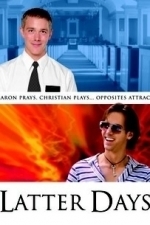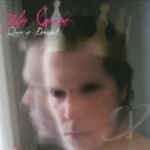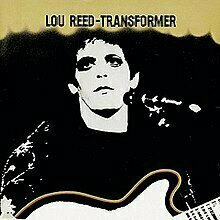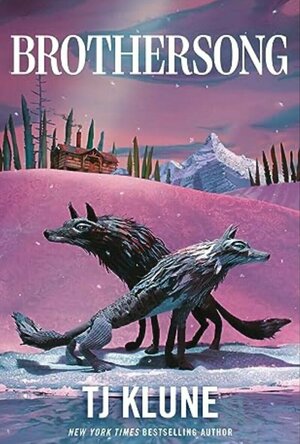
Brothersong
Book
Set in the dreamy backwoods of Oregon, Brothersong is a queer, paranormal romance of burning passion...

Grindr - Gay chat
Social Networking and Lifestyle
App
Grindr is the world’s #1 FREE mobile social networking app for gay and bi guys to connect. Chat...
Lou Grande (148 KP) rated Latter Days (2004) in Movies
Jun 20, 2018
So Christian is a gay party boy livin' it up in LA, but ultimately lacking in purpose and drive. Aaron is a Mormon missionary from Iowa, who experiences culture shock and desire for the first time, because of course they become neighbors and hijinks ensue. Fun fact! This movie also stars Joseph Gorgon-Levitt as a total butt, which is quite a contrast to his role in Mysterious Skin, another gay-themed movie which came out in the same year.
The acting is actually not as horrible as you would think from the production value/budget, and the story is typical romantic comedy fare. Still, I think it would strike a chord with anyone who is queer and was brought up in a religious household. It doesn't shy away from how agonizing it can be to be betrayed by family, especially fourteen years ago. And you know, some of the dialogue is actually really poignant. If you can get over the vaguely "afterschool special" feeling of this movie, it's definitely worth a watch.
(It has a happy ending!)
A Theology of Incarnation from Within Dis-Abled Minds: Our Wounds are Not for Healing
Book
Too frequently, theology has addressed issues of mental health from a largely pastoral and detached...
Hit the Road, Jack: Essays on the Culture of the American Road
Gordon E. Slethaug and Stacilee Ford
Book
All travelers know the seductive power of the open road and its suggestions of possibility, escape,...
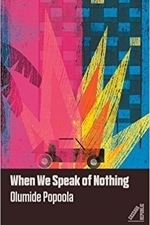
When We Speak of Nothing
Book
"Some of the women walked so slow they were, like, floating. For real. Heads perfectly straight....
fiction
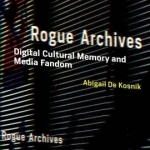
Rogue Archives: Digital Cultural Memory and Media Fandom
Book
The task of archiving was once entrusted only to museums, libraries, and other institutions that...
Holly Johnson recommended Queen of Denmark by John Grant in Music (curated)
Holly Johnson recommended Transformer by Lou Reed in Music (curated)
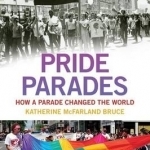
Pride Parades: How a Parade Changed the World
Book
On June 28, 1970, two thousand gay and lesbian activists in New York, Los Angeles, and Chicago...
